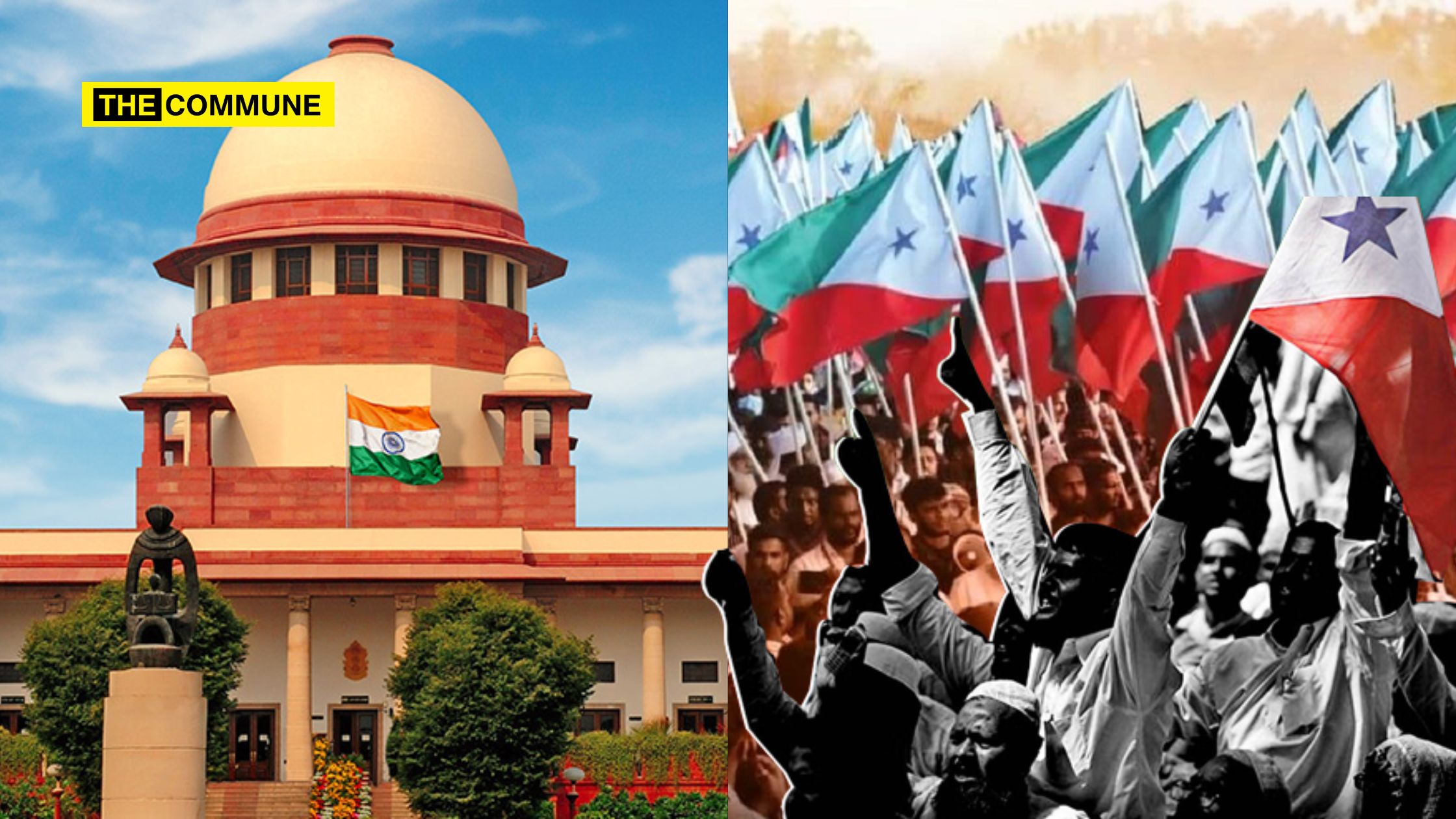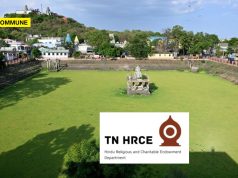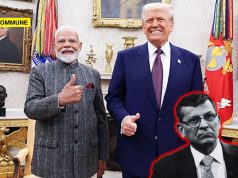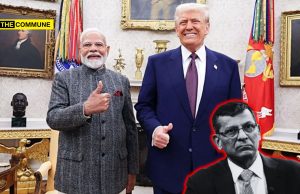
On Monday (6 November 2023), the Supreme Court of India rejected the Popular Front of India’s (PFI) appeal against the Unlawful Activities (Prevention) Act (UAPA) tribunal’s decision, which upheld the central government’s five-year ban on the organization.
The PFI is an Islamic political organization with cells across India that engages in a radical and exclusivist style of Muslim minority politics.
The #SupremeCourt has REFUSED to entertain plea filed by Terr0rist Organisation PFI (supported by CONgress+Left) challenging its designation as 'Unlawful
— BhikuMhatre (@MumbaichaDon) November 6, 2023
Association" on Sept 28, 2022 u/s 3 of Stringent UAPA. SC has directed PFI to approach HC 1st.
Round 1 goes to #Modi Sarkar.
Justices Aniruddha Bose and Bela M Trivedi, presiding over the bench, suggested that the PFI should initially seek redress from the high court regarding the tribunal’s ruling. Senior advocate Shyam Divan, representing the PFI, concurred with the court’s opinion that the organization should have pursued the matter in the high court before approaching the Supreme Court.
The bench consequently dismissed the plea but allowed the PFI the option to approach the high court. In their petition, the PFI contested the UAPA tribunal’s March 21 order, which upheld the Centre’s decision from September 27, 2022, to impose a five-year ban on the PFI due to alleged ties with terrorist groups.
In 2006, the Popular Front of India (PFI) was established through the merger of the Karnataka Forum for Dignity (KFD) and the National Development Front (NDF). The organization self-identifies as a “modern social movement committed to empowering people in their pursuit of justice, freedom, and security.” But the reality is PFI is a radical Islamist organization and as per the GoI it has frequently engaged in activities deemed detrimental to the nation and society.
In 2012, the Kerala government asserted that the organization was essentially a revival of the banned terrorist group Students Islamic Movement of India (SIMI), which had ties to the Indian Mujahideen.
PFI has been involved in violent clashes with the Rashtriya Swayamsevak Sangh (RSS) in various regions of Kerala and Karnataka. Law enforcement authorities have discovered individuals associated with PFI in possession of dangerous weapons, explosives, gunpowder, and swords. Allegations have also been made regarding the organization’s connections to terrorist groups like the Taliban and Al-Qaeda.
The PFI includes various branches aimed at serving different segments of society, such as the National Women’s Front (NWF) and the Campus Front of India (CFI). In addition to these branches, the Ministry of Home Affairs extended the ban to eight affiliate organizations of PFI.
Read more about PFI’s role in riots, murders and violence in this article – Why PFI should be banned?




